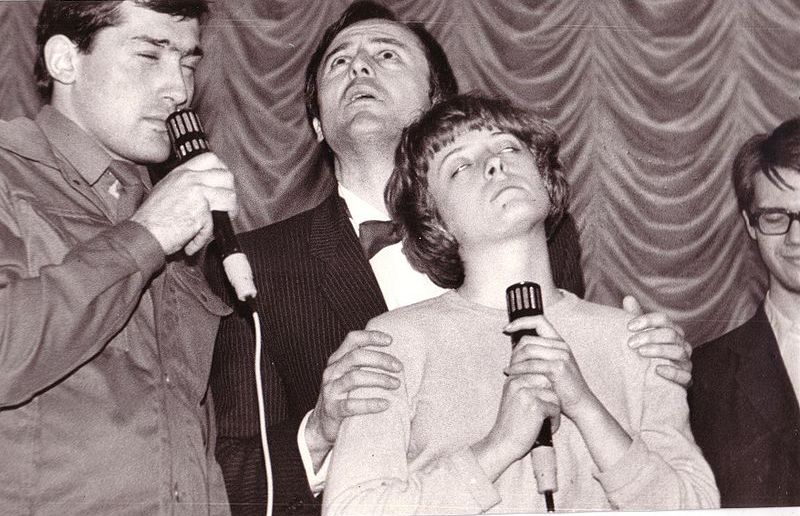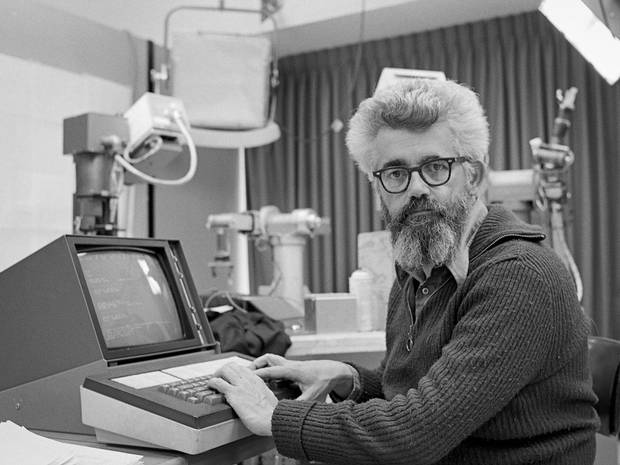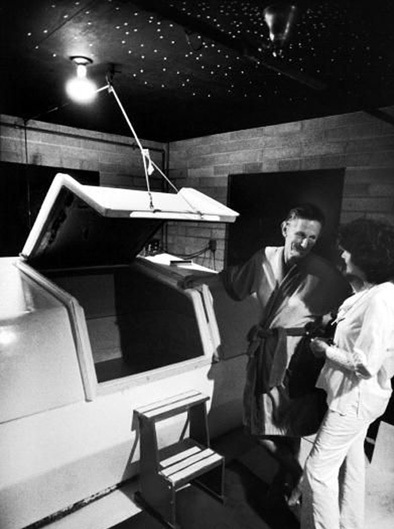Consciousness is the hard problem for a reason. You could define it by saying it means we know our surroundings, our reality, but people get lost in delusions all the time, sometimes even nation-wide ones. What is it, then? Is it the ability to know something, anything, regardless of its truth? In this interview with Jeffrey Mishlove, cognitive scientist Marvin Minsky, no stranger to odysseys, argues against accepted definitions of consciousness, in humans and machines.




